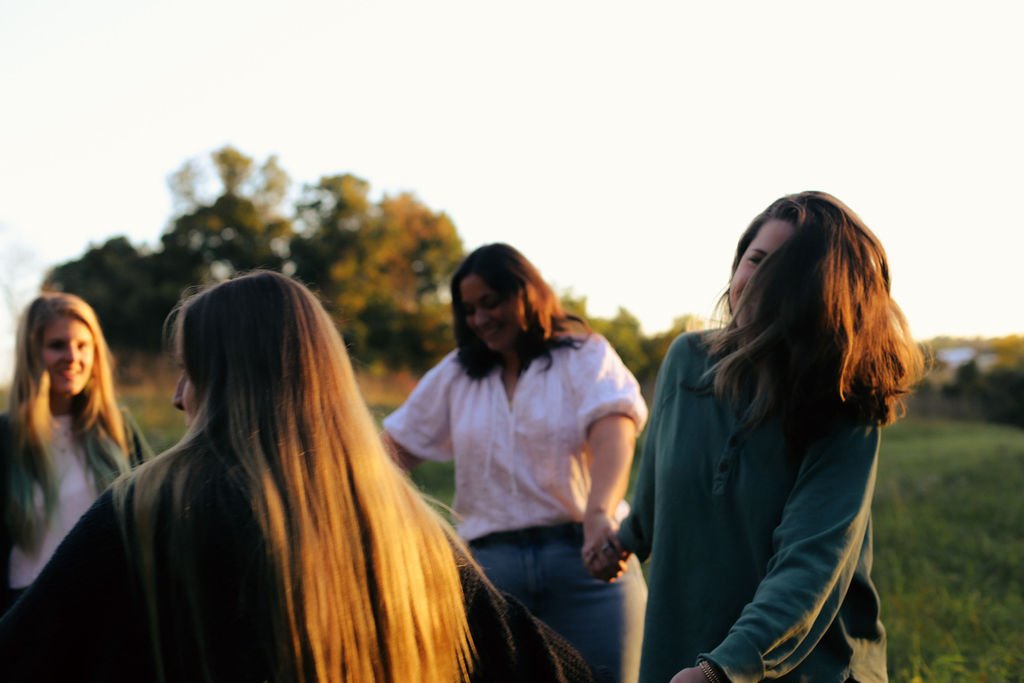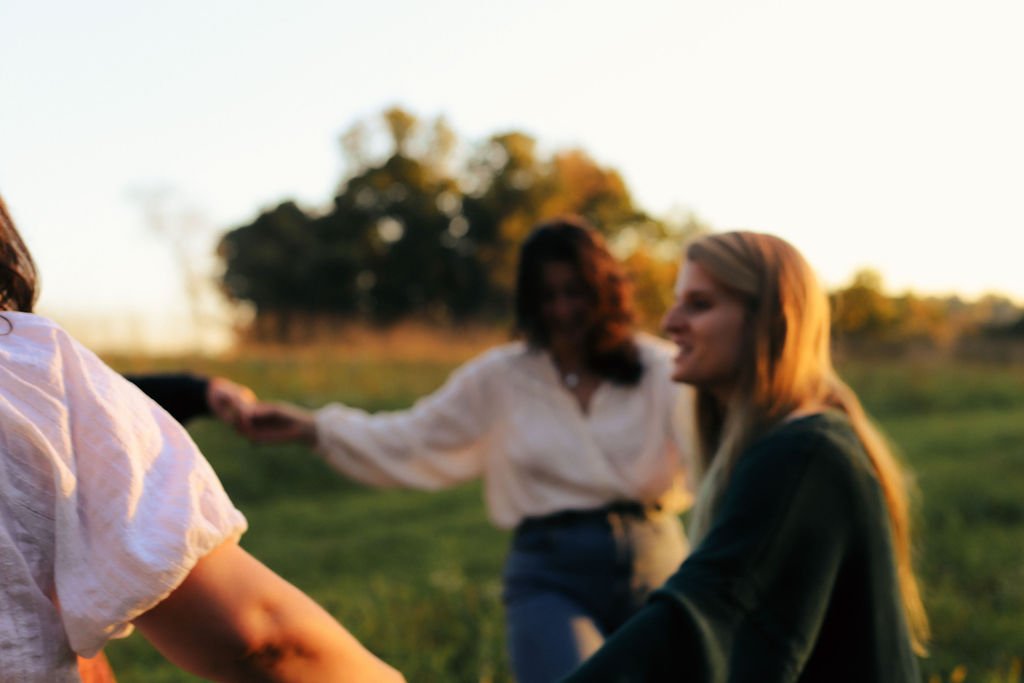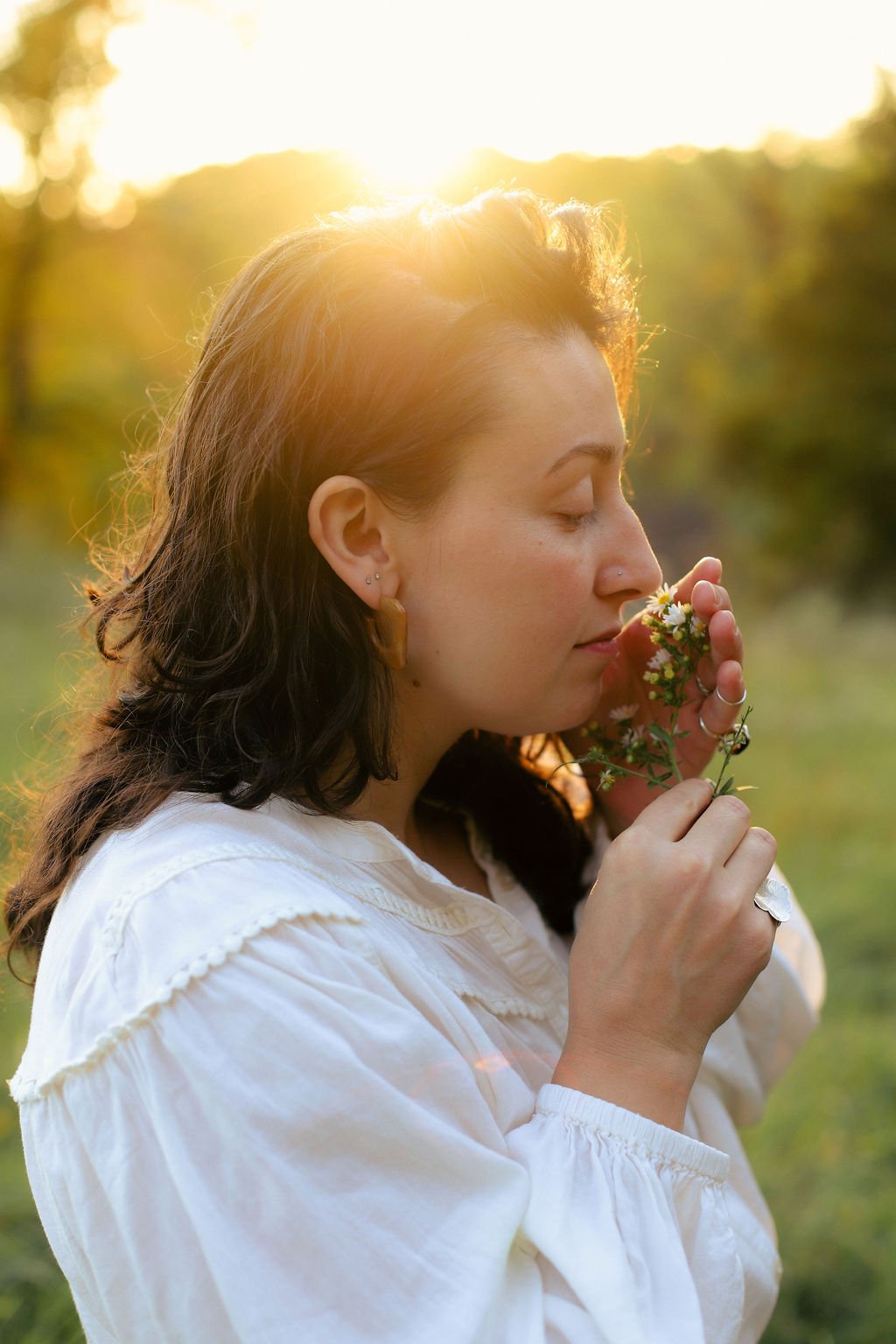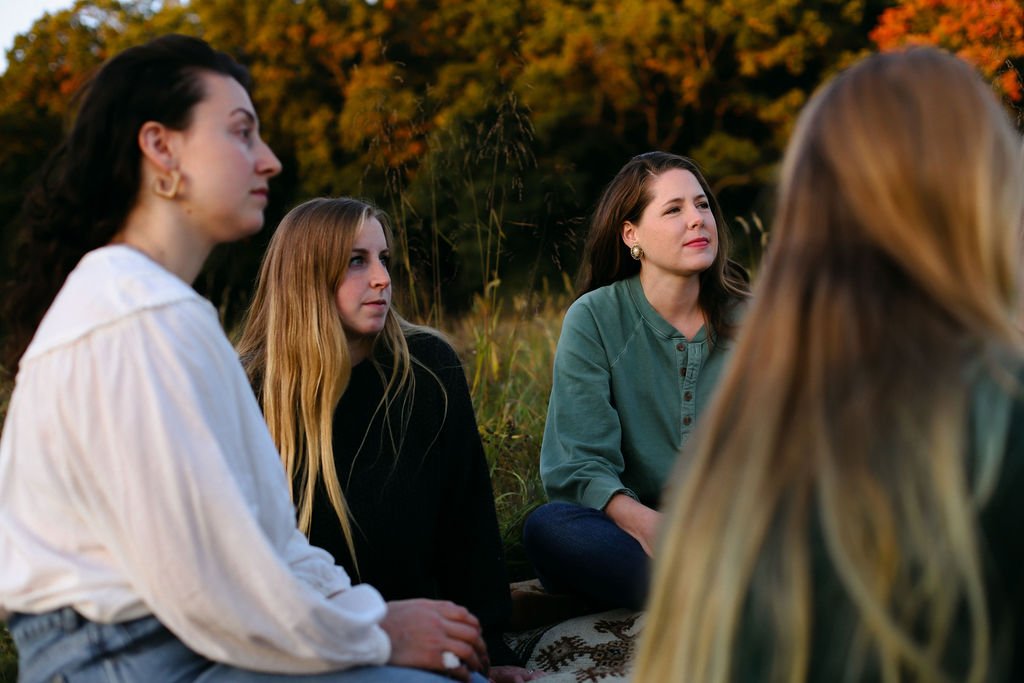The Foundations of Community
One of the strongest desires that emerged for me out of the early years of the pandemic was the desire for more real, in-person connection and community. This was my motivation for founding my Cross Quarter Club in the winter of 2022. We have all heard the saying,“it takes a village to raise a child”. Yet it wasn’t until after the isolation of those early pandemic years that I realized that it’s not just children and parents who need a village – it’s all of us.
Author Beth Berry describes the concept of the village as “the way of life inherent to relatively small, relatively contained multigenerational communities. Communities within which individuals know one another well, share the joys, burdens, and sorrows of everyday life, nurture one another in times of need, mind the wellbeing of each other’s ever-roaming children and increasingly-dependent elderly, and feel fed by their clearly essential contribution to the group that securely holds them.” (From her article, In the Absence of the Village, Mother’s Struggle Most)
What is re-villaging?
The idea of re-villaging is about intentionally cultivating this specific type of community within your own social sphere. It’s about individuals making small changes that will ultimately create change at the societal level. Re-villaging is inherently countercultural because it requires a recognition of the harm caused by the socially accepted, patriarchal ideals of individualism and independence.
Over the past few generations, the glorification of self has eroded our ability to relate with one another. Whereas our grandparents were more likely to experience and rely on close-knit social connections within their local community, today we are living more solitary lives than ever, relying more on apps and gadgets to meet our needs than we are on each other.
We are afraid to be vulnerable with others because we fear exposing ourselves as lacking in some way, of failing to live up to the shiny, glossy, online versions of us that we ourselves have created. And we are afraid for good reason, in a materialistic culture like ours, perfectionism and judgement are rampant. And we’d rather isolate ourselves than face the shame of being seen and potentially judged as not measuring up.
It is deeply human to desire meaningful connection, a sense of belonging and a nurturing, supportive community. But many of us have forgotten how to be in true community with each other. Or for some of us, perhaps we never learned.
In the past few years, I’ve been reading more about this subject, participating in various women’s circles and becoming more intentional within my social relationships. I’ve come to find these things to be true about the foundation of a healthy, authentic community:
Reciprocity & sharing resources
First and foremost, the best way to build a supportive community around you is to become that for other people. Sharing resources can feel uncomfortable in our competitive, capitalist society where we’ve literally monetized everything. Many of us feel comfortable giving when we have abundance, but feel shame when we need to ask for help from others. But the act of giving and receiving responsibly and open-heartedly, without entitlement or expectation, only serves to strengthen the bonds between us. Collective care is a sacred act of resistance in a patriarchal society built on extraction, domination and control. Centering reciprocity in our relationships with others and with the Earth honors the reality of our interconnectedness and interdependence.
Circular, non-hierarchical leadership
There is a reason women have been gathering in circles for time immemorial. In a circle, there is no hierarchy of power – it is shared equally by all. It is the nature of feminine leadership to be relational, collaborative and democratic. In the most successful communities I’ve been a part of, there’s this sense that we’re all figuring it out together. There’s no guru or expert telling us what to do or think, rather there is a facilitator holding space for us each to discover what our inner wisdom is moving us toward. Each person is accountable for themselves and to the collective.
Non-judgment & acceptance
Creating an atmosphere of emotional safety is of the utmost importance for true community building to take place. Our culture of perfectionism and judgement is keeping us isolated from one another. Authentic connection happens in spaces where people feel comfortable and trust that when they share vulnerably, they will be met with compassion and mutual understanding. Being in true community with others means being there to witness and support each other, unconditionally. It means not jumping to offering solutions, but practicing deep listening. It is a practice of holding space for the grey, instead of rushing to label as black or white. Of finding comfort and common ground where there is disagreement.
This is where the real work of community building lies.










